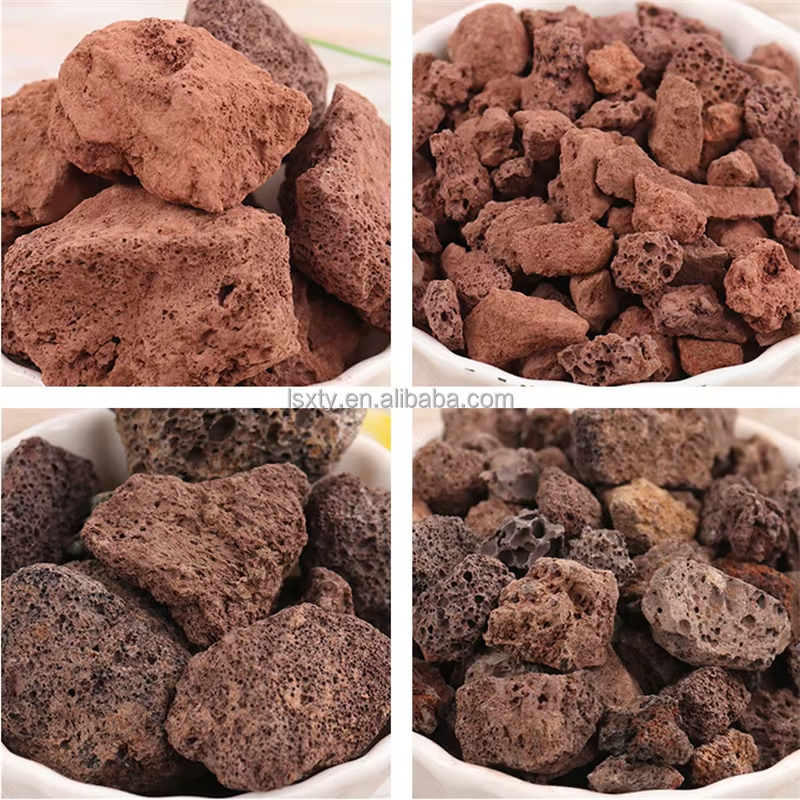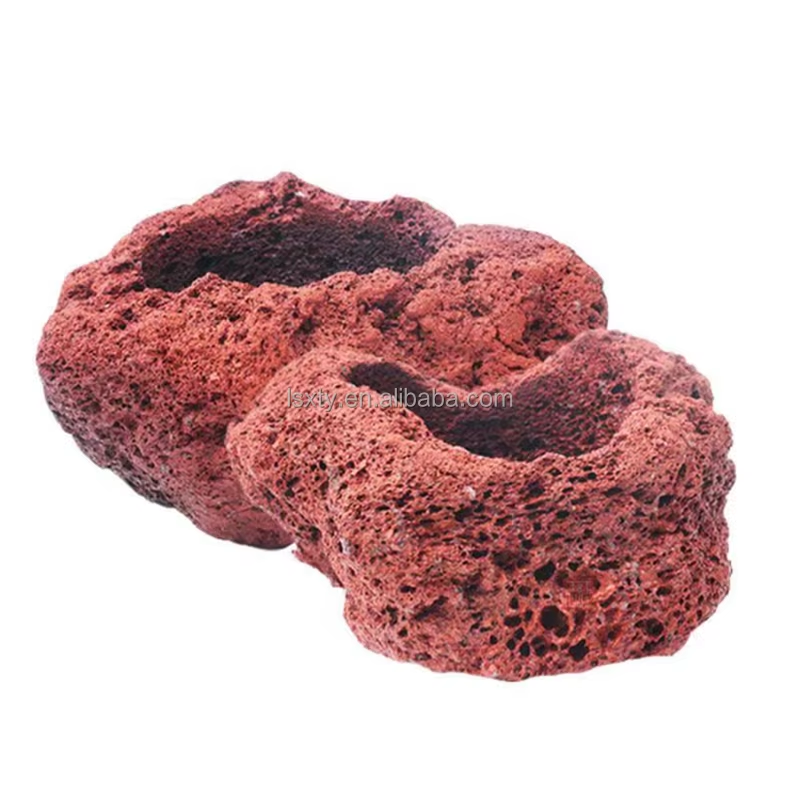basalt volcanic rock
Basalt volcanic rock is a remarkable natural material formed through the rapid cooling of lava at the Earth's surface. This dense, fine-grained igneous rock is characterized by its exceptional durability, strength, and versatility. With a composition primarily consisting of plagioclase and pyroxene minerals, basalt exhibits remarkable physical properties including high compressive strength, excellent heat resistance, and superior chemical stability. In modern applications, basalt finds extensive use in construction, where it serves as an essential component in building foundations, road construction, and architectural elements. The rock's inherent properties make it an ideal material for creating fiber reinforcements, which are increasingly replacing traditional steel and glass fibers in various industrial applications. Technological advancements have enabled the processing of basalt into continuous fibers, tiles, and aggregate materials, expanding its utility across diverse sectors. The material's natural resistance to weathering, freeze-thaw cycles, and chemical corrosion makes it particularly valuable in harsh environmental conditions. Furthermore, basalt's sustainability credentials, being a naturally occurring material requiring minimal processing, align perfectly with modern environmental considerations.


